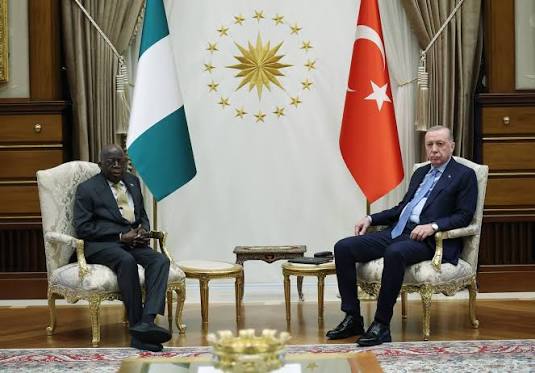The United States President, Donald Trump reiterated his plan to impose 100% import tariffs on BRICS countries (Brazil, Russia, India, China, and South Africa) if they attempted to reduce the use of the dollar in global trade.
In a post on the social media platform Truth Social on Friday, Trump declared that the United States would not remain passive while the BRICS bloc seeks to develop an alternative currency.
Trump, who has already begun imposing tariffs on Canada and Mexico, demanded that BRICS nations commit to halting any efforts to create a new currency or support existing ones competing with the US dollar.
He warned that failure to comply would lead to severe consequences, including 100% tariffs on goods imported from these countries and the termination of their access to the US market.
In his post, Trump dismissed the idea that the BRICS nations could successfully challenge the global dominance of the US dollar, calling it “mighty” and irreplaceable in international trade.
He called any such attempt futile, adding, “There is no chance that BRICS will replace the US Dollar in International Trade, or anywhere else.”
The US President’s statement was accompanied by an ultimatum: “Any country that tries should say hello to tariffs, and goodbye to America!”
The BRICS nations, representing some of the world’s largest emerging economies, have previously expressed interest in reducing their reliance on the US dollar in global transactions.
This has sparked speculation that the group may pursue creating a shared currency or expanding the use of national currencies in bilateral trade.
These moves could potentially diminish the dollar’s status as the world’s primary reserve currency.










